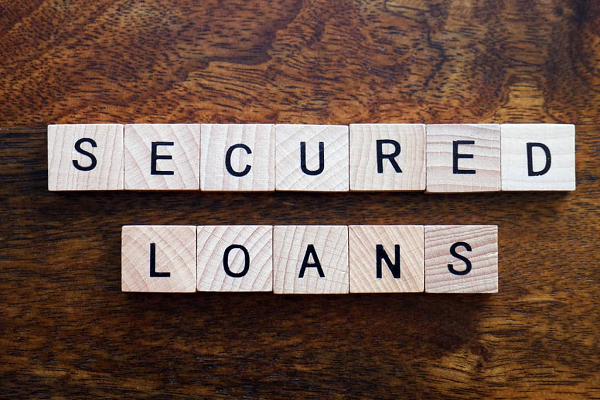Do Secured Loans do Credit Checks? Unveiling The Truth

As individuals explore financial avenues to meet their needs, questions often arise about the intricacies of the lending process. One common question is, “Do secured loans do credit checks?” In this blog post, we will unravel the truth behind credit checks for secured loans, shedding light on how this vital aspect of the lending process impacts borrowers.
Understanding Credit Checks for Secured Loans
The nature of secured loans
Secured loans are a category of loans where borrowers provide collateral, such as real estate or valuable assets, to secure the loan. The collateral acts as a safety net for lenders, reducing the risk associated with the loan.
Collateral vs. credit check
While collateral is a key factor in secured loans, it doesn’t eliminate the need for a credit check. Lenders use credit checks to assess the borrower’s creditworthiness, financial history, and ability to repay the loan.
The collateral provides security for the lender, but credit checks offer additional insight into the borrower’s overall financial health.
Secured loans and credit scores
Credit checks for secured loans may not be as stringent as those for unsecured loans. The presence of collateral allows lenders to be more flexible, making secured loans accessible to individuals with varying credit profiles.
However, a positive credit history can still positively impact the terms and conditions of the loan, influencing interest rates and repayment terms.
Loan amount and terms
The results of a credit check can influence the loan amount a borrower is eligible for and the terms of the loan. Individuals with higher credit scores may have access to larger loan amounts and more favourable interest rates.
Impact on approval
While a credit check is part of the evaluation process, having a less-than-perfect credit score doesn’t necessarily mean automatic rejection. Secured loans are designed to provide a pathway for individuals with varying credit histories to access financing by leveraging their collateral.
Alternative lenders and credit checks
Depending on the lender, the stringency of credit checks can vary. Traditional banks may have more rigid credit requirements, while alternative lenders, including online platforms and credit unions, may offer more flexibility.
In conclusion
In conclusion, secured loans do involve credit checks, but the impact of the credit check on the loan approval process is different compared to unsecured loans. The presence of collateral provides a layer of security for lenders, allowing for greater flexibility in lending decisions.
As borrowers navigate the world of secured loans, it’s essential to be aware of the relationship between credit checks, collateral, and loan terms. Seeking guidance from financial advisors and exploring options with lenders who specialise in secured loans can help individuals make informed decisions aligned with their financial goals and credit profiles.
